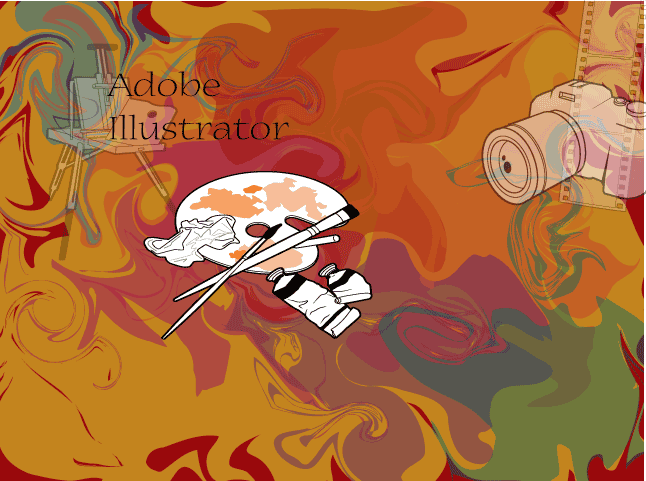I like several of the stories in Tim O’Brien’s The Things They Carried. Although our experience of the war is quite different in some ways, we certainly share enough experiences to make the book a powerful reminder of old feelings and old regrets.
Before I picked up this book, the only thing I’d read by O’Brien was the short story “Speaking of Courage,” a story in the American Lit text I used for many years. It’s the story of a Vietnam Vet who spends a 4th of July driving around a lake in a small town obsessed that he was overcome with fear when he could have saved a friend, even though it’s clear his friend was already “dead” before he gave up trying to save him.
On one level, the story always reminded me of how the three teachers who were Vietnam Vets at Prairie would meet while patrolling the parking lot rather than going to the Veterans Day Assembly, which most often turned into a celebration of “patriotism” rather honoring those who had died. Most Vietnam veterans I know share that sense of “alienation,” whether because their war experiences set them off or because they felt rejected by their country after fighting a war most didn’t want to fight in the first place.
Interestingly enough, the story has been rewritten since its original publication. In a chapter entitled “Notes,” the narrator explains that the original story had been inspired by a long, wandering letter from one of the members of his platoon who wanted O’Brien to tell “his” story. Since there’s a disclaimer on the front page that reads, “This is a work of fiction. Except for a few details regarding the author’s own life, all the incidents, names, and characters are imaginary,” followed by a dedication to people whose names are used as “characters” in the stories the reader may well wonder how much of these stories is really “fiction.”
O’Brien writes:
I did not look on my work as therapy, and still don’t. Yet when I received Norman Bowker’s letter, it occurred to me that the act of writing had led me through a swirl of memories that might otherwise have ended in paralysis or worse. By telling stories you objectify your own experience. You separate it from yourself. You pin down certain truths. You make up others. You start sometimes with an incident that truly happened, like the night in the shit field, and you carry it forward by inventing incidents that did not in fact occur but that nonetheless help to clarify and explain.
One of the most compelling qualities of The Things They Carried is precisely this mixture of truth and fiction, the feeling that even if these stories were made up they are absolutely true. It’s the kind of power you feel in Ellison’s The Invisible Man or Pirsig’s Zen and the Art of Motorcycle Maintenance. Even when we suspect something’s probably not true in these works, we feel that it should have happened that way.

